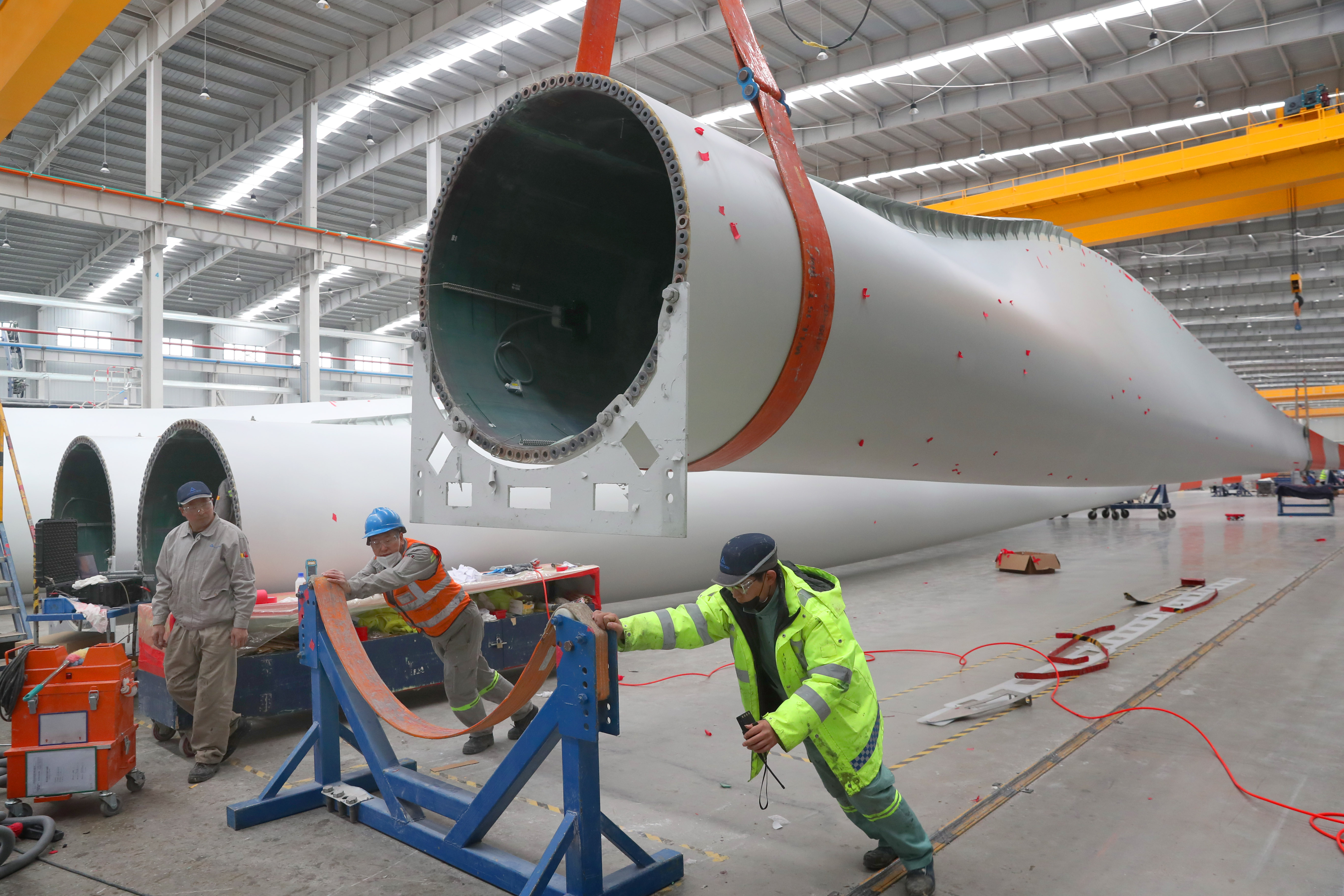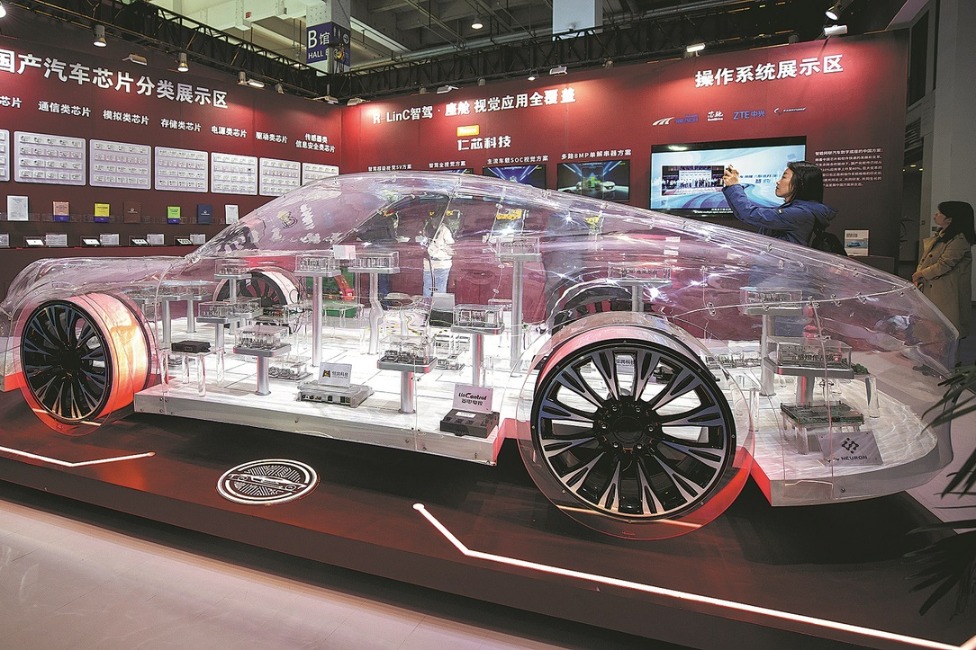Modern industrial system key to quality growth
Strong progress made over last five years, but more upgrades and advances needed, experts say


Balancing interests
Experts said it is important for China to balance self-sufficiency in key technologies with international cooperation, as it builds a modern industrial system over the next five years.
Jiang Xiaojuan, head of the School of Public Policy and Management at Tsinghua University, said improving fundamental industrial capabilities and removing technological bottlenecks are crucial to achieve high-quality growth under the dual circulation development strategy.
In the past, when globalization was in a strong development phase, active involvement in trade played an important role in boosting China's economic growth. But in recent years, international economic circulation has significantly weakened, said Jiang, a former deputy secretary-general of the State Council, China's Cabinet.
Meanwhile, China has emerged as the world's second-largest economy, with a complete industrial system and very large domestic market. "Such a large economy can't be simply driven by the international market. Taking the domestic market as the mainstay is not only a strategic plan, but also a realistic requirement," she said.
However, the push to promote internal economic circulation and pursue self-sufficiency in some crucial technologies does not mean an isolationist strategy.
Instead, deeper global cooperation and higher-level participation in international circulation is required, experts added.
Qiao Biao, deputy head of the China Center for Information Industry Development, a think tank in Beijing, said that like the rest of the world, China is working hard to strike a balance between technological independence and international cooperation.
The nation's industrial output reached 31.31 trillion yuan last year, making it the world's largest manufacturing country for 11 consecutive years, according to MIIT data.
But challenges exist as China relies on imports of key technologies such as components used in robotics. "China's plan to seek self-reliance in certain crucial technologies came amid bans on the export of such technologies to the country," Qiao said.
"We have no choice but to work hard to crack hard nuts, such as bottlenecks in technological advancement, to meet our own demands. We are pursuing self-reliance in very limited areas. When it comes to most technological products and services, we have a very strong commitment to international cooperation."
Chinese companies are also working to strengthen international cooperation while sharpening their own technological advantages.
Ren Zhengfei, founder of Huawei Technologies, said despite Huawei suffering from Washington's restrictions on access to United States' technologies, his company remains a staunch supporter of globalization. "Deepening international cooperation and beefing up our own research and development at the same time are the keys to helping us survive the current difficulties," Ren said.
Joint global efforts are needed to crack new business frontiers as an individual company may not have the knowledge to take the right direction, he said.
Yang Yuanqing, chairman and CEO of Lenovo, the world's largest personal computer maker, said international cooperation remains one of the keys to ensuring the efficiency and healthy development of supply chains around the world.
"China has the world's largest manufacturing system with the most complete industrial chain and supporting facilities," Yang said. "The nation is undergoing a critical stage of moving from a manufacturing powerhouse to a smart-manufacturing center, which will generate more opportunities."
























